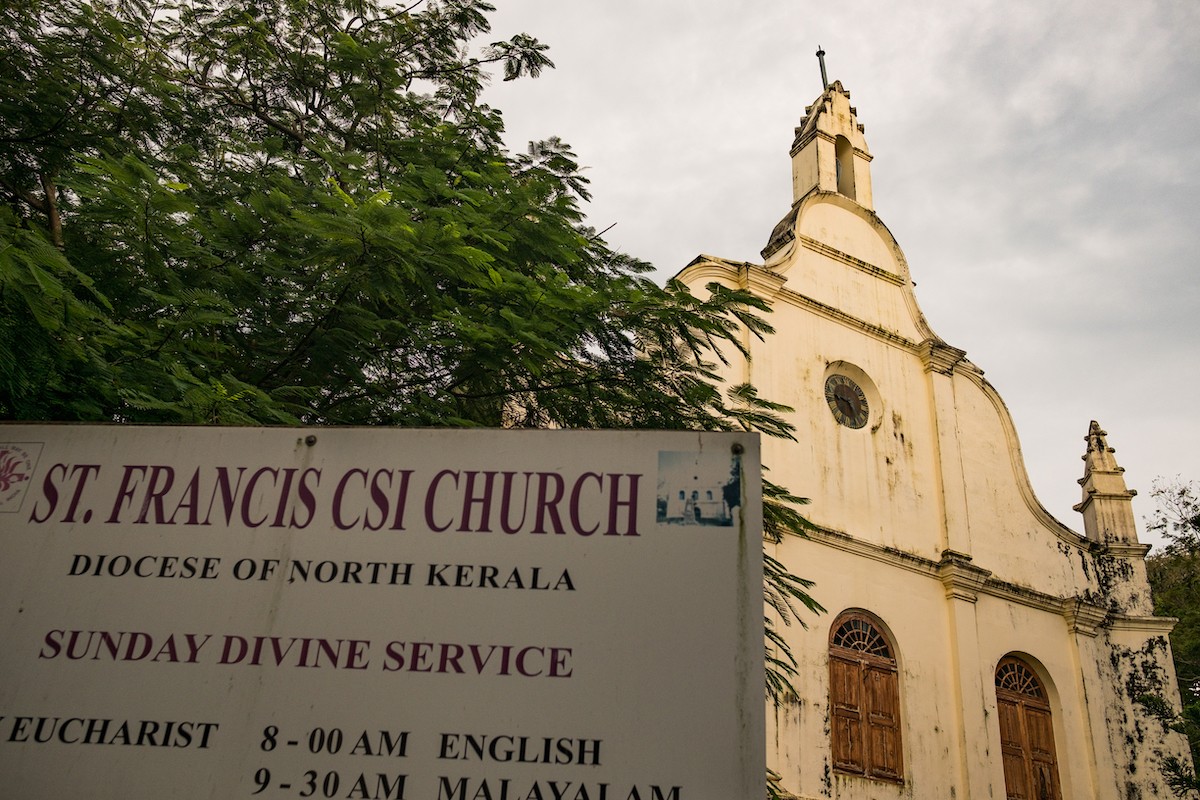A top court in western India has lifted the prohibition imposed on a Christian couple to preach their religion upholding the constitutional right of a citizen to practice and profess one’s religion.
The May 19 order of the Goa bench of the Bombay High Court came at a time when Christians face increased hostilities from mostly right-wing groups in states ruled by the Hindu nationalist Bharatiya Janata Party who accuse them of indulging in religious conversions.
Referring to articles in the Constitution that guarantee religious freedom, the court asserted, “The article guarantees to all persons, the equal entitlement of freedom of conscience and the right to profess, practice and propagate religion.”
“The right conferred upon a citizen to profess and propagate religion correspondingly casts a duty on the state and the executive to ensure that every person should be allowed to freely practice, preach or profess his/her belief,” the court added.
“The State has a duty to extend all possible protection to its citizens, through free speech and the freedom of expression, enshrined in Article 19(1) of the Constitution of India to indulge in public discourse and to propagate religious practice. All persons have a fundamental right to form institution, purchase property for their use and to profess and propagate religion,” the court ruled.
The high court order came in response to a petition filed by Joan Mascarenhas E D’Souza, a resident of Goa, challenging what she described as discriminatory prohibition imposed on her preaching ministry in her private property in December 2022.
The petitioner along with her husband Dominic D’Souza had been involved in a preaching ministry for over 23 years until the district administration imposed curbs alleging it was an attempt at religious conversion.
The division bench of Justice Valmiki SA Menezes and Justice M S Sonak that studied the records concluded that the police had failed to prove the allegations against the couple with reliable documents and held that prohibiting them from preaching their religion infringed upon their fundamental rights.
The prohibitory order infringed on the woman’s “constitutional right freedom of religion, freedom of conscience and to freely profess, practice and propagate her religion,” the court said.
“It further infringed upon her fundamental right to freedom of speech and expression under Article 19(1)(a) of the Constitution of India by curtailing her right to express herself within the institutional building,” it added.
The high court found the prohibitory order “blatantly illegal” based on erroneous facts, “only to satisfy the whims of a group of people| in Sodiem, a Goa village, who do not accept the Petitioner’s religious beliefs and see her as a competitor.
The court disposed of the petition saying the couple’s religious activities neither caused communal tension in the village nor led to religious conversion by means of allurement or fraud.
Christian leaders lauded the order saying, “It should become an eye opener for those leveling false cases of religious conversion against us and also of the police and other law enforcement agencies.”
Christians living in the BJP-ruled states and the Congress-ruled Chhattisgarh state have complained of constant attacks against them by right-wing Hindu groups.
They forced their way into Christian prayer gatherings terming them as religious conversion activities.
They also summoned police and got false cases registered against Christians under the special anti-conversion laws that restrict religious conversion without prior permission of government authorities.
Eleven states in India have enacted stringent anti-conversion laws and the Christian leaders allege the law is being rampantly misused to target them.
Human rights groups have challenged the constitutionality of these laws before the Supreme Court, the country’s apex court.







